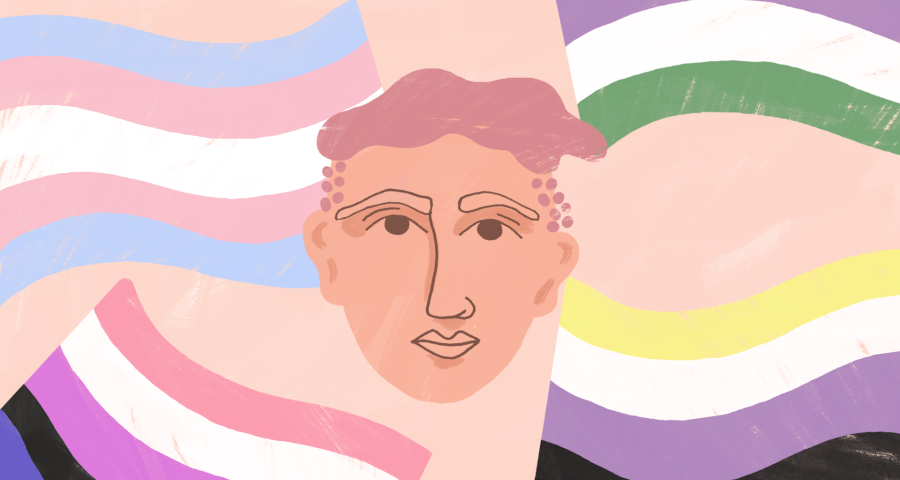The conversion therapy industry seeks to change the sexual orientation or gender identity of LGBTQ people, and its practitioners are profiting off of the harm and sometimes eventual death of the queer and trans individuals subjected to this torture. Despite its being a total failure and there being zero evidence to support its efficacy, it is still legal in many states, and advocates are working to protect the LGBTQ community from the gruesome practice. Many folks have no idea how common conversion therapy remains, and the media has a responsibility to report the facts about its harms.
Medical experts are in agreement -- conversion therapy can lead to depression, anxiety, self-destructive behavior, and suicidal ideation. Conversion therapists have deeply held prejudices against queer and trans people that can wrongfully affirm self-hatred often already experienced by the patient.
Media, however, tend to present conversion therapy as a two-sided issue by hosting conversion therapists or so-called “ex-gay” people on their programs. We spoke with The Trevor Project’s Sam Brinton, a genderfluid activist, nuclear engineer, and survivor of conversion therapy. In their words, “You do not need to have a person who believes the world is flat on your program.”
Instead, Brinton says, the “press can report on an innovate and exciting way that the LGBTQ community is stepping up for itself and saying, ‘You will not erase us anymore.’” The LGBTQ community is doing just that, thanks in large part to The Trevor Project’s 50 Bills 50 States campaign. They are working to ensure that every state introduces legislation that protects LGBTQ youth from conversion therapy, and five states have enacted such measures in 2018 alone.
Media outlets can do their part by reporting the facts about the dangers of conversion therapy without giving airtime to proponents of a harmful practice that can leave lasting scars on people in the LGBTQ community. “When the media is reporting about a recall for a product,” Brinton says, “they are trying to warn the public that this product could hurt them. That’s exactly what they should be doing with conversion therapy. We’re recalling it.”
If you or someone you know is struggling with thoughts of suicide, you can contact The Trevor Project's TrevorLifeline at 1-866-488-7386 or the National Suicide Prevention Lifeline at 1-800-273-8255.
Video filmed and edited by Miles Le
Research contributed by Brennan Suen and Brianna January
